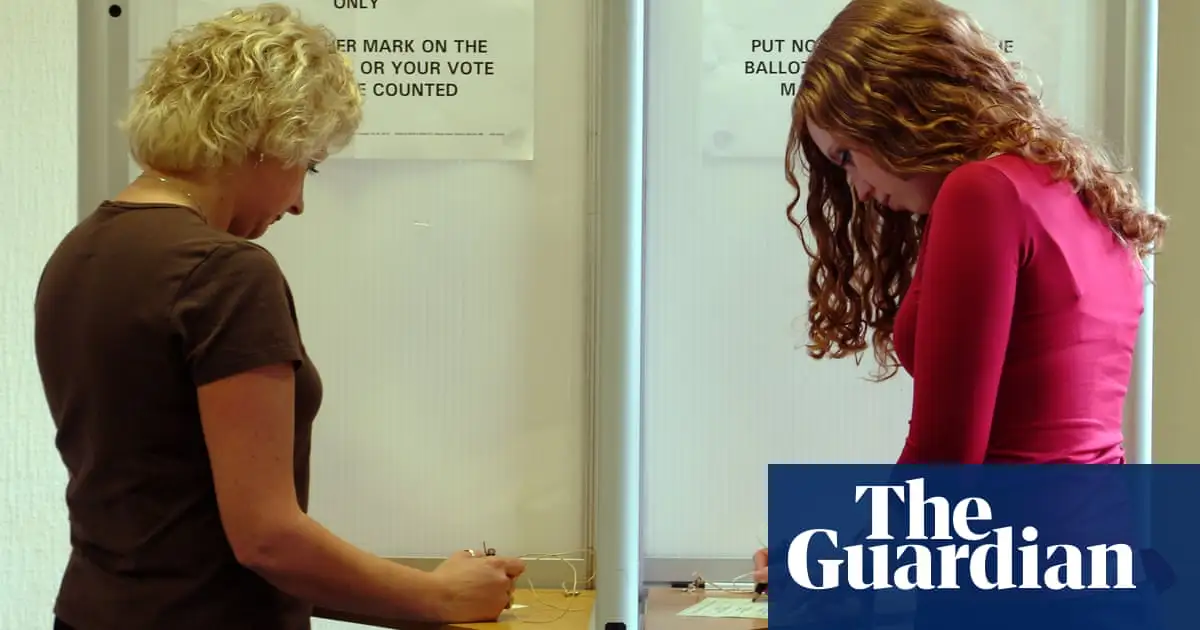Many of the women who responded to an online callout or spoke to the Guardian expressed frustration with politics that had failed to address poverty, inequality, healthcare for women and children in particular, the climate and Brexit, and voiced acute fears for their and their families’ future: mothers of children with SEN (special educational needs) or mental health issues, mothers unable to afford childcare, or with adult children unable to buy homes, unpaid carers, women feeling exploited in low-paid jobs with no prospects of progression, and women with disabilities fearing harsher welfare conditions in future.
Scores also said they were concerned about rising extremism and political polarisation, misogyny, violence against women and girls, antisemitism and Islamophobia.
About a fifth of respondents said they had either decided to spoil their ballot paper or were considering doing so, among them Sharon, a 60-year-old social worker and “lifelong Labour voter” from London who does not own her own home and has no savings. Her two adult children are unemployed, despite having gone to university, each owing about £40,000 as a result. Private rental housing was “beyond their means”, she said.
…
Politicians, she said, had repeatedly failed to deliver on promises, such as building more houses, improving the NHS, or reducing knife crime.
“However, the final straw for me is the issue of women’s rights,” she added.
Sharon was one of hundreds of women who shared that sex-based rights for women and girls was a main political concern of theirs this election.
Women from across the country, dozens of them economically disadvantaged or with disabilities, said they would abandon Labour, the Lib Dems or the Greens over this issue and vote either Conservative, Reform or spoil their ballot – particularly women from marginal areas Labour is hoping to gain, such as Lincoln, Darlington, Derbyshire, Warrington North and Truro and Falmouth.
Various said they felt “politically homeless” because of this issue, with Starmer having repeatedly referred to the debate over trans rights as “divisive and toxic” culture wars.



A lot of vagueness. How many is “Hundreds”? I guess under 700 or it would be “nearly a thousand”.
Then “About a fifth of respondents said they had either decided to spoil their ballot paper or were considering doing so, among them Sharon”. How do we know Sharon is reflective of the others? We don’t.
It seams like picture painted with not a lot of data, from a self selecting group, that is being cherry picked. Maybe it’s reflective, but I got no way of knowing it’s even reflective of the few hundred who wrote to The Guardian about it.
This writer got an axe to grind?